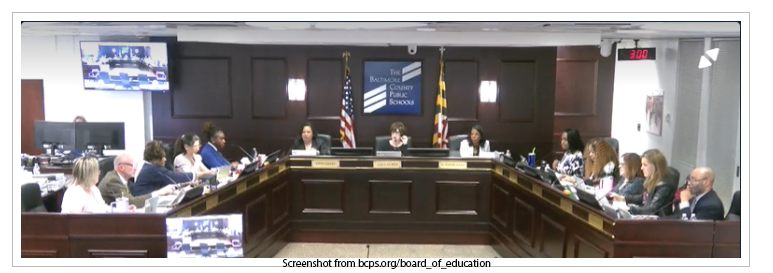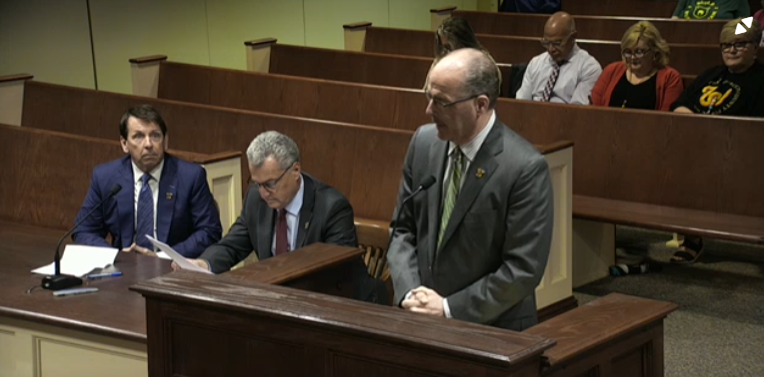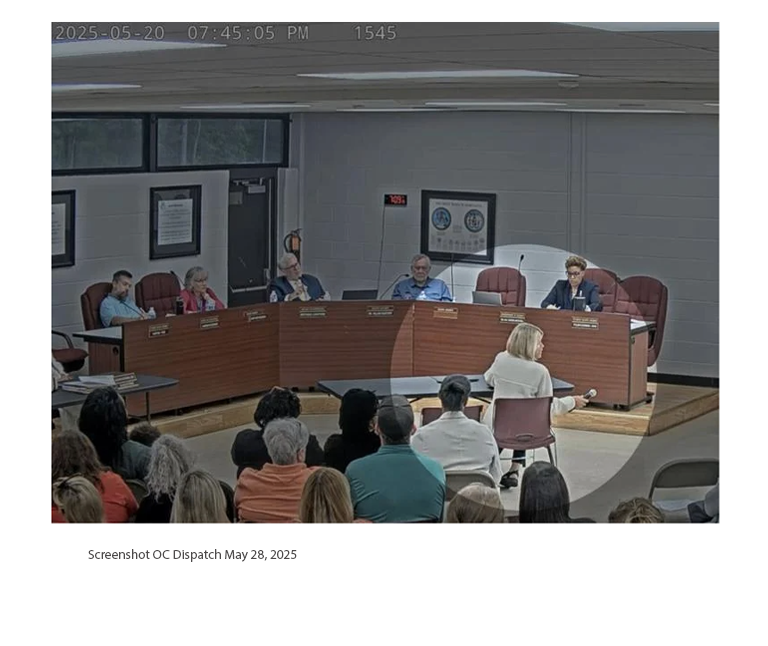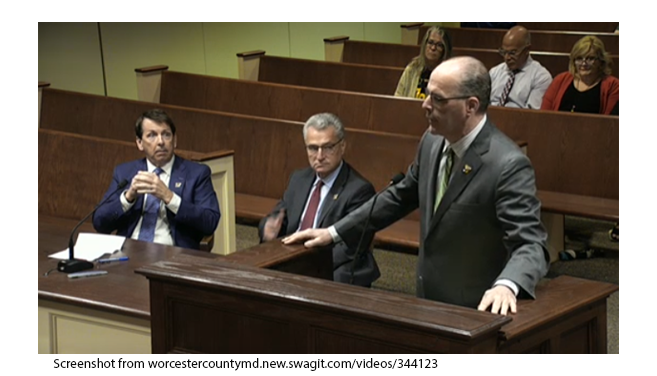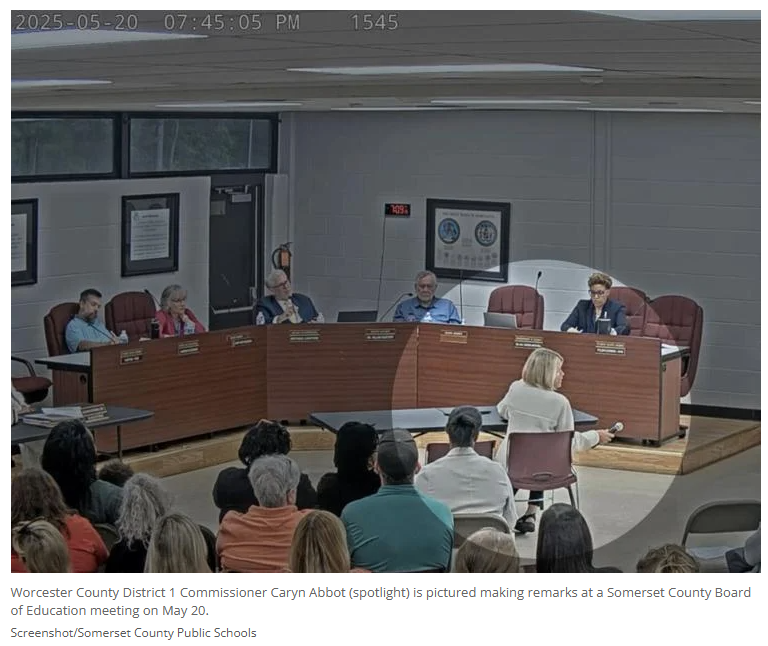
The Surprising Thing That Gets Students to Stick with AP Courses
As educators continue to look into ways to make advanced placement courses more accessible and equitable, in particular for underrepresented students, there’s one resource that shouldn’t be overlooked: students advocating for AP courses themselves.
At the College Board’s AP annual conference this month in Seattle, educators got a chance to share best practices in developing and expanding AP programs.
At one session, teachers and students from Paetow High School in the Katy Independent School District in Texas spoke about their AP Ambassadors program, through which upperclassmen mentor younger peers taking AP courses and promote participation and success in these courses.
“The student perspective and the student voice in the process of signing up for AP and sticking with AP classes is really important,” said Eric Scholle, an AP World History teacher at Paetow High School, located west of Houston.
How AP Ambassadors works
Scholle got the idea to start an AP Ambassadors program at the last AP annual conference in 2019 from schools implementing similar student-driven organizations. A school wrestling coach as well, he said he wanted to find ways to allow juniors and seniors to serve as academic mentors for freshmen and sophomores the way his older wrestlers mentor their younger teammates.
Freshmen are encouraged to take AP Human Geography and then encouraged to pursue AP World History in 10th grade at Paetow High School before branching off into other AP course offerings their junior and senior years, Scholle said. But even as some students get placed into AP in their first two years of high school, they may need extra support to know they can handle it and that they are ready for more courses down the line.
That’s where the AP Ambassadors program comes in.
Juniors and seniors interested in becoming ambassadors fill out an online questionnaire and complete an in-person interview led by existing ambassadors. Once in the program, they participate in public speaking events addressing 8th, 9th, and 10th graders to explain what AP courses are like, what they offer, and why it’s worth seeing courses through to the end by taking AP exams for possible college credit.
They’re also assigned mentees for the school year, with whom they meet during advisory periods at least once a month to help 9th and 10th graders with everything from studying tips to advice on navigating high school overall, Scholle said.
Jasmine Trinh, a rising senior at Paetow and an AP ambassador in attendance at the College Board conference , recalled how when she presented before a classroom of freshmen in AP Human Geography, she noticed one student in the back tuning out.
“I got motivated to share my experiences and tell them, ‘Look, I was in your seat, I was in your position.’ And suddenly, as I just talked about my experience, that one kid in the back, his head is suddenly up, his AirPods are out. And there’s just a light bulb that goes off in these kids’ heads like ‘I can potentially do this one day,’” Trinh said.
Isella Castillo, also a rising senior and AP ambassador in attendance, said that back when she was a freshman hearing ambassadors’ presentations, she liked how the students were diverse in terms of ethnicity and extracurricular interests.
What students get from the AP Ambassadors program
The benefits of the program are twofold in that 9th and 10th graders get academic support for their existing AP coursework and motivation for continuing with AP, while the ambassadors themselves gain leadership opportunities and public speaking skills.
Trinh encounters a variety of situations with her mentees, from a basketball player in need of help with his studies to a freshman on top of her schoolwork but with questions about the high school experience.
In helping her own mentees with essay writing, Castillo has also benefited from the refresher for her own classes.
“It’s not the content that they need help with,” Castillo said. “It’s the skills, the writing skills, and things like that.”
For Castillo, the public speaking opportunities she’s gotten through the AP Ambassadors program boosted her confidence.
“I’m glad that I’m getting these experiences now and these opportunities now, so that I have them with me throughout the rest of my life,” she said.
For Trinh, the AP Ambassadors experience has also helped her forge connections with fellow classmates and other students at her school.
“Being a part of these AP courses, I have kind of built a tight knit community with my peers. Like Mr. Scholle said, we get funneled through that AP Human Geography and AP World [History], and then come our junior and senior year, we’re opened up to a bunch more classes. But there’s so many familiar faces,” Trinh said.
“And there’s so many kids that I have collaborated with and struggled on my very first [Document-Based Question, a type of question on an AP exam] with but hey, look, now we’re taking AP economics next year, and we’re gonna get a 5 on the exam because we did it. And we did it together and we persevered.”
Dig Deeper With Our Longreads
Newsletter Sign up to get our best longform features, investigations, and thought-provoking essays, in your inbox every Sunday.
The MEN was founded by John Huber in the fall of 2020. It was founded to provide a platform for expert opinion and commentary on current issues that directly or indirectly affect education. All opinions are valued and accepted providing they are expressed in a professional manner. The Maryland Education Network consists of Blogs, Videos, and other interaction among the K-12 community.


